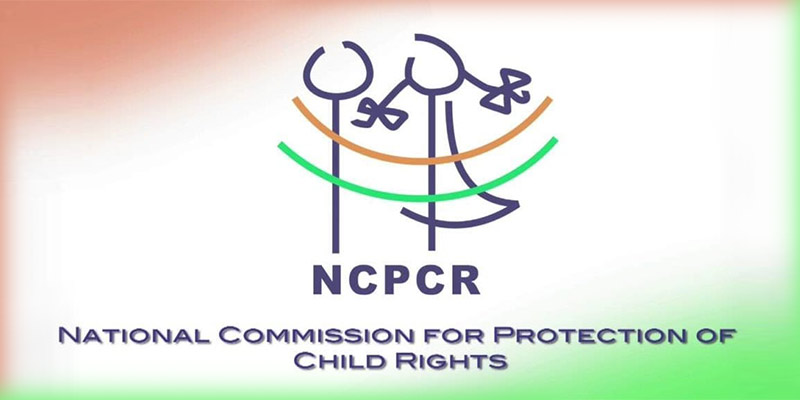- India
- Jul 09
NCPCR declares mica mines in Jharkhand ‘child labour-free’
• Apex child rights body NCPCR declared mica mines in Jharkhand ‘child labour-free’, confirming that all kids are now enrolled in schools.
• According to Nobel laureate Kailash Satyarthi’s non-profit organisation Bachpan Bachao Andolan (BBA), which spearheaded the ‘Child Labour-Free Mica’ campaign in collaboration with the district administration and local communities, more than 20,000 kids were previously engaged as child labour in these mines.
• In 2004, a research conducted by Bachpan Bachao Andolan identified over 5,000 children involved in mica mining and collection. By 2019, this number had escalated to more than 20,000.
• Through collaborative efforts involving children, communities, civil society organisations, and government, the ‘Child Labour-Free Mica’ initiative was born. Every child previously out of school was identified, withdrawn from labour, enrolled, and retained in schools.
• When the programme began in 2004, the regions were plagued by Naxalite violence. Through strategic and consistent efforts of the ‘Child Labour-Free Mica’ programme, all 684 mica-dependent villages are now free from child labour.
• As a result, 20,584 children have been withdrawn from mica mining, and 30,364 have been enrolled in schools. The programme continues to protect 137,997 children daily through vigilant monitoring and has benefited 275,516 people through collaborative welfare programmes in the region.
What is the role of NCPCR?
• The National Commission for Protection of Child Rights (NCPCR) was set up in March 2007 under the Commission for Protection of Child Rights Act, 2005.
• It works under the aegis of the ministry of women and child development (WCD).
• The Commission’s mandate is to ensure that all laws, policies, programmes and administrative mechanisms are in consonance with the child rights perspective as enshrined in the Constitution of India and also the UN Convention on the Rights of the Child.
• The child is defined as a person under the age of 18.
• The Commission visualises a rights-based perspective flowing into national policies and programmes, along with nuanced responses at the state, district and block levels, taking care of specificities and strengths of each region.
The Commission consists of:
• A chairperson who is a person of eminence and has done outstanding work for promoting the welfare of children.
• Six members, out of which at least two are women, are appointed by the central government.
Some of the functions of NCPCR:
1) Examine and review the safeguards provided by or under any law for the time being in force for the protection of child rights and recommend measures for their effective implementation.
2) Inquire into violation of child rights and recommend initiation of proceedings in such cases.
3) Examine all factors that inhibit the enjoyment of rights of children affected by terrorism, communal violence, riots, natural disaster, domestic violence, HIV/AIDS, trafficking, maltreatment, torture and exploitation, pornography and prostitution and recommend appropriate remedial measures.
4) Look into the matters relating to children in need of special care and protection including children in distress, marginalised and disadvantaged children, children in conflict with law, juveniles, children without family and children of prisoners and recommend appropriate remedial measures.
5) Study treaties and other international instruments and undertake periodical review of existing policies, programmes and other activities on child rights and make recommendations for their effective implementation in the best interest of children.
6) Undertake and promote research in the field of child rights.
7) Spread child rights literacy among various sections of the society and promote awareness of the safeguards available for protection of these rights through publications, the media, seminars and other available means.
8) Inquire into complaints and take suo motu notice of matters relating to:
• Deprivation and violation of child rights.
• Non-implementation of laws providing for protection and development of children.
• Non-compliance of policy decisions, guidelines or instructions aimed at mitigating hardships to and ensuring welfare of the children and to provide relief to such children or take up the issues arising out of such matters with appropriate authorities.
Manorama Yearbook app is now available on Google Play Store and iOS App Store

